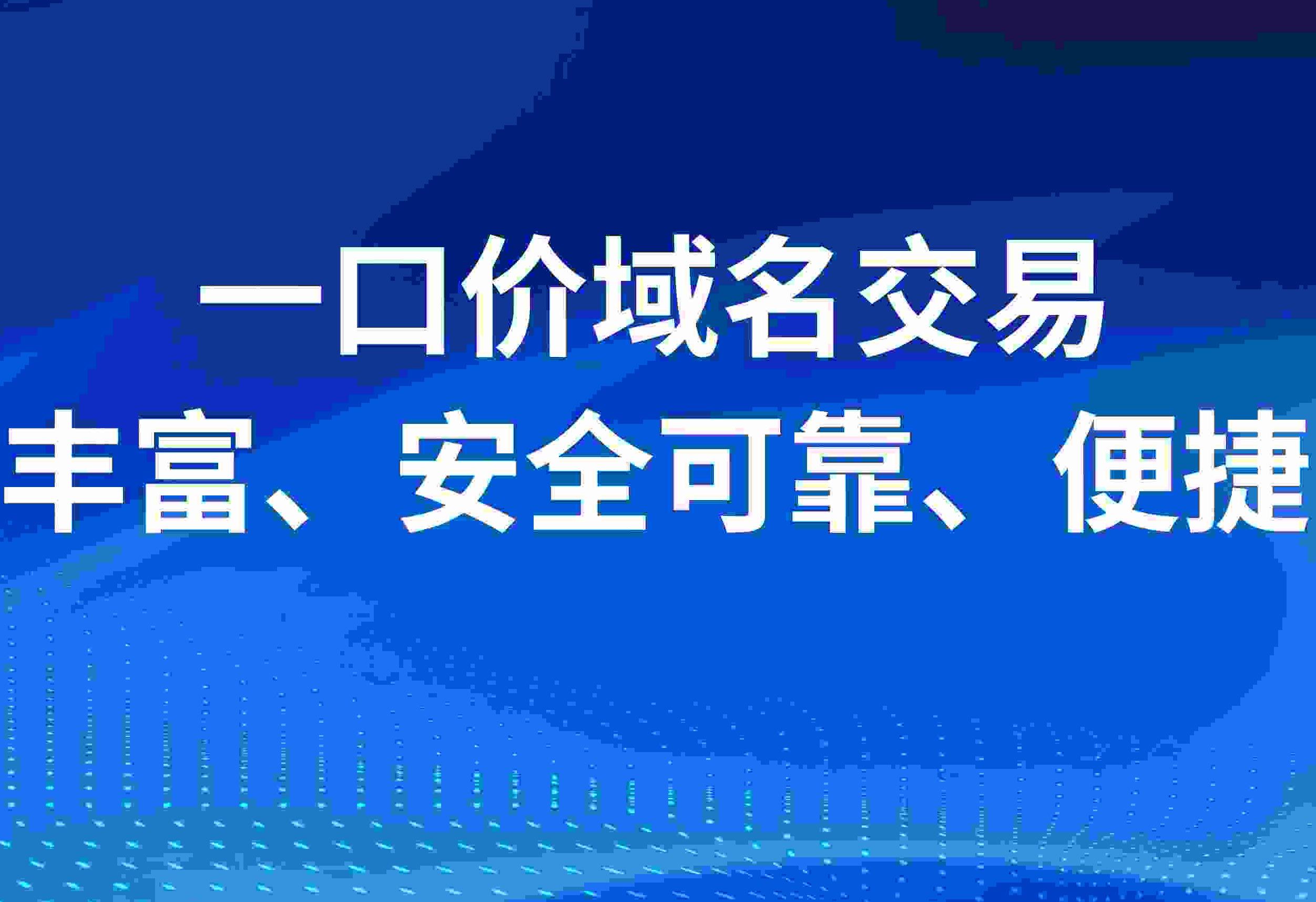品牌价值
域名有助于建立品牌认知。
seo潜力
具有SEO基础条件,拥有自然蜘蛛及流量适合科技、软件、网络服务类企业使用,具有很高的商业开发价值。
投资价值
优质域名是稀缺资源,长期持有具有升值潜力。
联系方式
如果您对此域名感兴趣,请通过以下方式联系我们:
电话: 138-XXXX-XXXX
邮箱: 3128188888@qq.com
微信: 请扫描下方二维码添加

合作伙伴
以下是我们推荐的优质网站:
康韬
贵州造梦天地信息科技有限公司
艾勇帅
张海瑜
郭必选
中宁县尚道武术培训班
成都照兴宏电子科技有限公司
阳江市慕名供应链管理有限公司
深圳镑客信息服务有限公司
林科宇
戚冬晨
宜昌市果农网电子商务有限责任公司
广州源众广告有限公司
微糖时代(北京)商贸有限公司
郑州孔海信息技术有限公司
郭鹏杰
高忠
大连康集商贸有限公司
哈尔滨市道外区蓝宇思商贸商行
原阳县绣丝纺网络服务部
伍腾飞
上海伟询企业发展有限公司
侯申申
咸阳丰合恒太教育科技有限公司
海口美兰桥梓韩电子商务工作室(个体工商户)
上海一锋餐饮管理有限公司
山东汇影商贸有限责任公司
深圳思得网络有限公司
惠安城事网络服务中心
东莞市拓胜软件科技有限公司